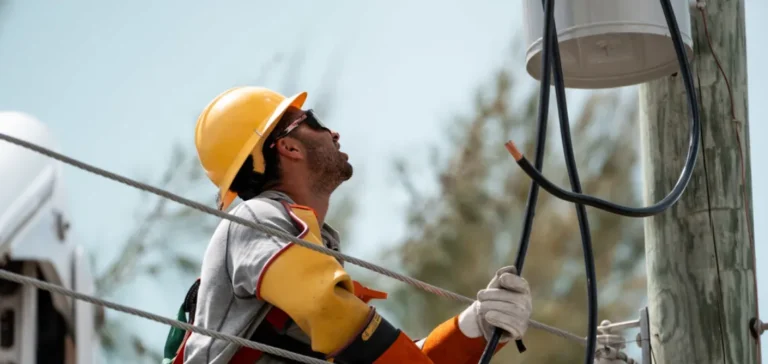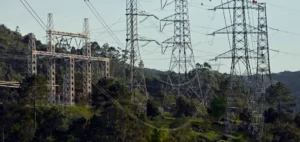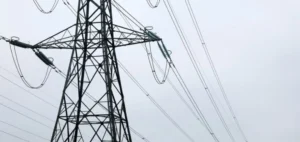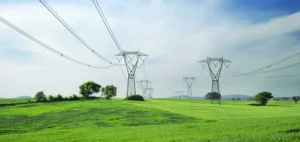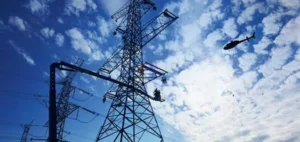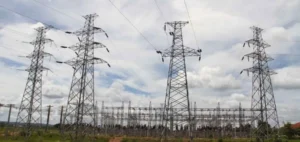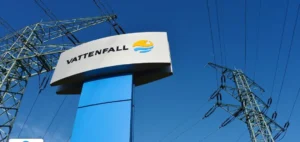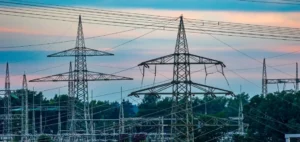Six months after launching its Foundational Grid Upgrade Project, Bahamas Grid Company has released a first progress report detailing developments in the $130 million infrastructure effort on the island of New Providence. The company notes a marked improvement in network stability, reflected in a sharp drop in power outages for thousands of households.
The main objective of the initiative is to reinforce the transmission and distribution network’s resilience on the island, which faces frequent climate-related disruptions and steady growth in energy demand. According to published data, 144 steel poles rated for Category 5 hurricane resistance have replaced ageing wooden structures. In parallel, 153,120 feet of transmission lines have been upgraded with larger conductors, along with 42,240 feet of modernised distribution cables.
Reinforced infrastructure to meet growing demand
Three new substations are under construction to strengthen system protection and optimise electricity rerouting during disturbances. These installations aim to limit large-scale outages while preparing the grid to integrate future energy sources.
The integration of smart grid technologies is already yielding measurable field results. Forty-seven IntelliRupter devices have been deployed on high-risk lines to limit outage impacts. Additionally, 137,280 feet of Optical Ground Wire (OPGW) cable have been replaced, supporting remote grid operation and protection coordination.
Tangible benefits for New Providence users
The impact is already visible for residents and businesses. Nearly 49,000 homes located in historically outage-prone areas are now receiving more stable electricity supply. Meanwhile, 16,000 homes benefit from improved load balancing, reducing voltage fluctuations and helping extend appliance lifespan.
Maintenance patrols have been deployed across 70 circuit miles identified as high risk, anticipating weather-related damage. Customers downstream from IntelliRupter devices have seen an 86% reduction in outages.
Bahamas Grid Company also reports the initial deployment of an integrated Work Management System, a national first. The platform will centralise maintenance operations and support real-time outage tracking.


